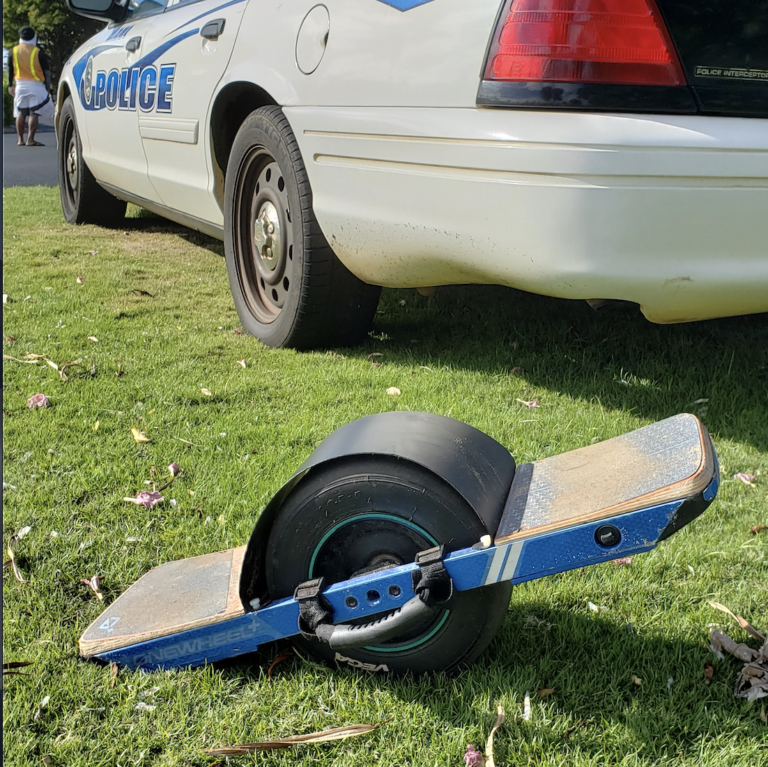We’ve moved! Check out our FULL article here. Summary below.
The primary threat to personal electric vehicles (PEVs) like Onewheels, electric skateboards, unicycles, and scooters doesn’t lie in hardware issues, but rather in the evolving laws regulating their use. The surge in popularity of PEVs has led to a perplexing situation for governments and communities trying to accommodate this innovative technology.
PEV regulations vary widely from region to region, with many areas struggling to address the new transportation trend. Some locales have even opted to completely ban the use of personal electric vehicles on their streets and sidewalks. An example is Germany, where PEVs are deemed illegal, and riders can face fines or have their devices confiscated.
Enthusiasts in such regions have engaged in petitions, discussions with government officials, and large group rides in attempts to change the legislation. Nevertheless, it is typically more challenging to reverse unfavorable laws than to prevent them in the first place.
PEVs, such as Onewheels and electric skateboards, offer efficient, quiet, and eco-friendly personal mobility solutions. They encourage people to explore, exercise, and reduce street congestion. However, a few PEV riders who disregard safety rules have led to a push for stricter regulations, with some even attempting to ban them.
The introduction of rental electric scooters in many large cities has also fueled the discussion about how to handle these new electronic devices. The appearance of rental scooters on sidewalks has raised concerns and spurred authorities to address PEVs in general.
One way to tackle this situation is to ensure the public is well-informed about the benefits of PEVs. Efforts are underway to evaluate the effects of PEVs, like e-bikes and scooters, on public trails in areas like Denver, with a 180-day Rule Directive implemented to monitor their impact.
However, some people remain resistant to sharing the trails with PEVs, representing a common struggle in many recreational activities. In this case, cyclists and those who have had negative experiences with reckless PEV riders often oppose their presence.
While most interactions with PEVs are positive and curiosity-driven, there is a vocal minority that perceives PEVs as a threat and demands restrictions. Responsible use, community engagement, and filling out feedback forms can help demonstrate the benefits of PEVs and potentially lead to more inclusive regulations.
The key is to use PEVs responsibly, win over the majority who are intrigued by these devices, and maintain a respectful presence on the trails. This can help ensure that PEVs continue to enrich the lives of their riders and the communities they belong to.
Keep reading our FULL article here.

